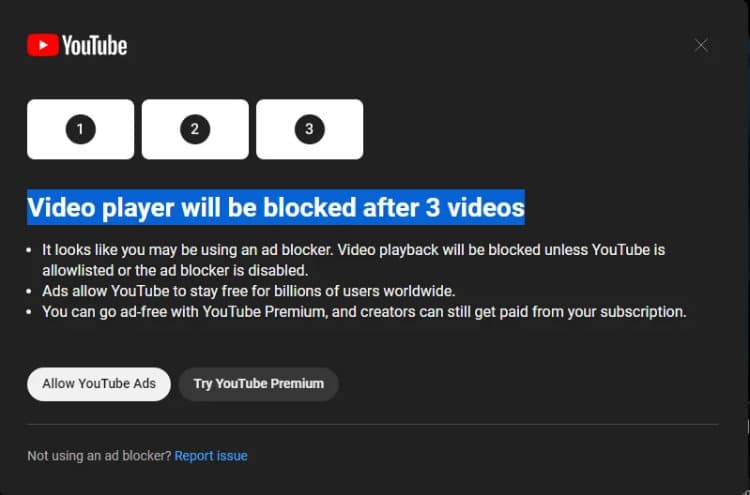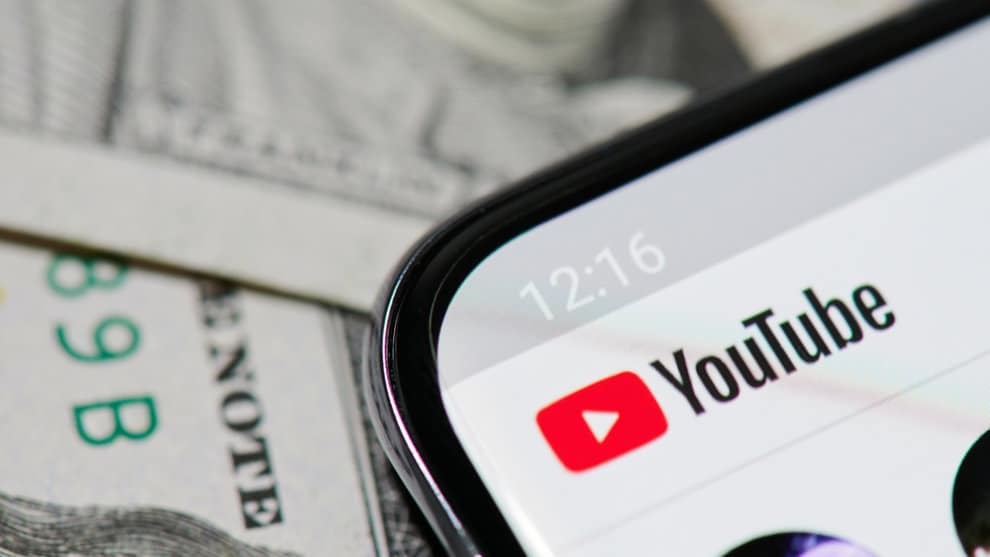YouTube: mandatory advertising and killing adblockers!
If you know YouTube, you know that the platform has become almost impractical: ads before, after and during videos. Many of them cannot be “zapped” and they keep coming back whenever you want to move the video forward a few seconds. And that’s just the beginning as YouTube is experimenting with real torture sessions of 11 ads in a row.
For many YouTube is dying, but the beast refuses to give up. We’ve told you about it before, but it’s getting more and more specific: YouTube wants to wage war on ad blockers.

The ad blocker: a habit for some
On computers, the ad blocker has become an institution (Firefox is even “delivered” with an extension of this type), while on mobile more and more users are switching to the browser version since it is impossible to zap ads using the app unless you go through an alternative solution.
In the end, the platform loses its weight with less and less seen advertisements and advertisers who have other means of making known their mark. If YouTube Premium had a hard time breaking through, it’s also because with an ad blocker or an alternative app, you can very easily save the €11.99/month that the service costs.
To set the record straight, reassure advertisers and sell its Premium formula, YouTube has therefore decided to take matters into its own hands.
End of tolerance!
Because until now YouTube tolerated this kind of software, it was not at all a question of a lack of means. If an ad blocker can block ads, YouTube is very good at detecting it. The platform is therefore testing a system that would send notifications when an Adblock is detected. After three videos viewed with this type of device, you will no longer be able to use YouTube. After this message, you will have to put YouTube in your whitelist or take a Premium subscription. For the moment it is still a test phase with some users in the United States, but it is hard to imagine Google not going to the end of its process. It’s a double-edged sword for YouTube.
Will the leaders succeed in convincing or will they hasten the death of the platform?


